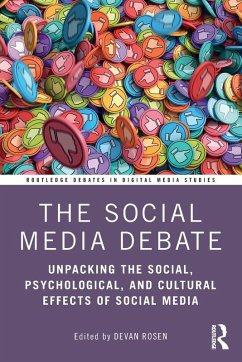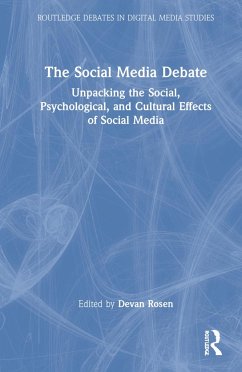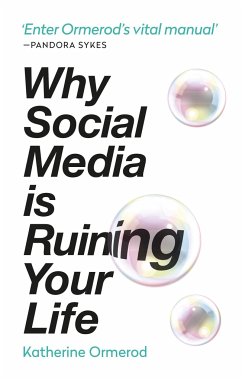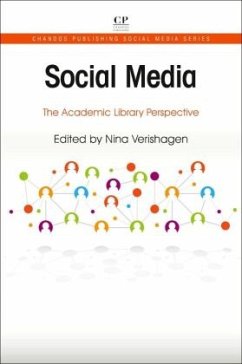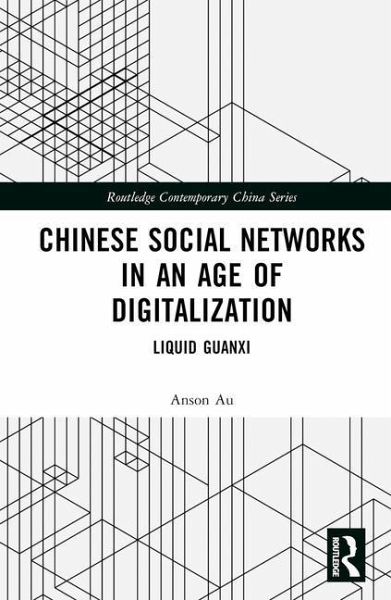
Chinese Social Networks in an Age of Digitalization
Liquid Guanxi
Versandkostenfrei!
Versandfertig in 6-10 Tagen
154,99 €
inkl. MwSt.
Weitere Ausgaben:

PAYBACK Punkte
77 °P sammeln!
Chinese Social Networks in an Age of Digitalization investigates the impact of digital media on the traditional Chinese model of social interaction, trust-building, and social capital, known as guanxi. Guanxi is a system of cultural and psychological rules of networking that orders every interaction in China, from the labor market, to politics, to business, and even law. It is the lifeblood of the nation and nearly just as old. But how has guanxi kept pace with the modern rapids of digitalization?This book is the first to examine how the rise of social networking sites is transforming guanxi i...
Chinese Social Networks in an Age of Digitalization investigates the impact of digital media on the traditional Chinese model of social interaction, trust-building, and social capital, known as guanxi. Guanxi is a system of cultural and psychological rules of networking that orders every interaction in China, from the labor market, to politics, to business, and even law. It is the lifeblood of the nation and nearly just as old. But how has guanxi kept pace with the modern rapids of digitalization?
This book is the first to examine how the rise of social networking sites is transforming guanxi in everyday networking in China, home to the largest population of users worldwide and nearly universal adoption in the nation. This monograph argues that digitalization is making guanxi liquid: that social and geographical boundaries are being melted away - and with it, people are experiencing a newfound liberation in how they network, trust, and feel toward others. Au asserts that Chinese modernity itself is transforming into what it calls a digital agora, a new intermediary space between the public and private spheres that balances obligations to both realms.
The book offers researchers and students a window into how digitalization is changing how people in guanxi fundamentally think about who to trust, how to interact and compose themselves, and what it takes to socially survive in a rapidly advancing age of digitalization.
This book is the first to examine how the rise of social networking sites is transforming guanxi in everyday networking in China, home to the largest population of users worldwide and nearly universal adoption in the nation. This monograph argues that digitalization is making guanxi liquid: that social and geographical boundaries are being melted away - and with it, people are experiencing a newfound liberation in how they network, trust, and feel toward others. Au asserts that Chinese modernity itself is transforming into what it calls a digital agora, a new intermediary space between the public and private spheres that balances obligations to both realms.
The book offers researchers and students a window into how digitalization is changing how people in guanxi fundamentally think about who to trust, how to interact and compose themselves, and what it takes to socially survive in a rapidly advancing age of digitalization.





